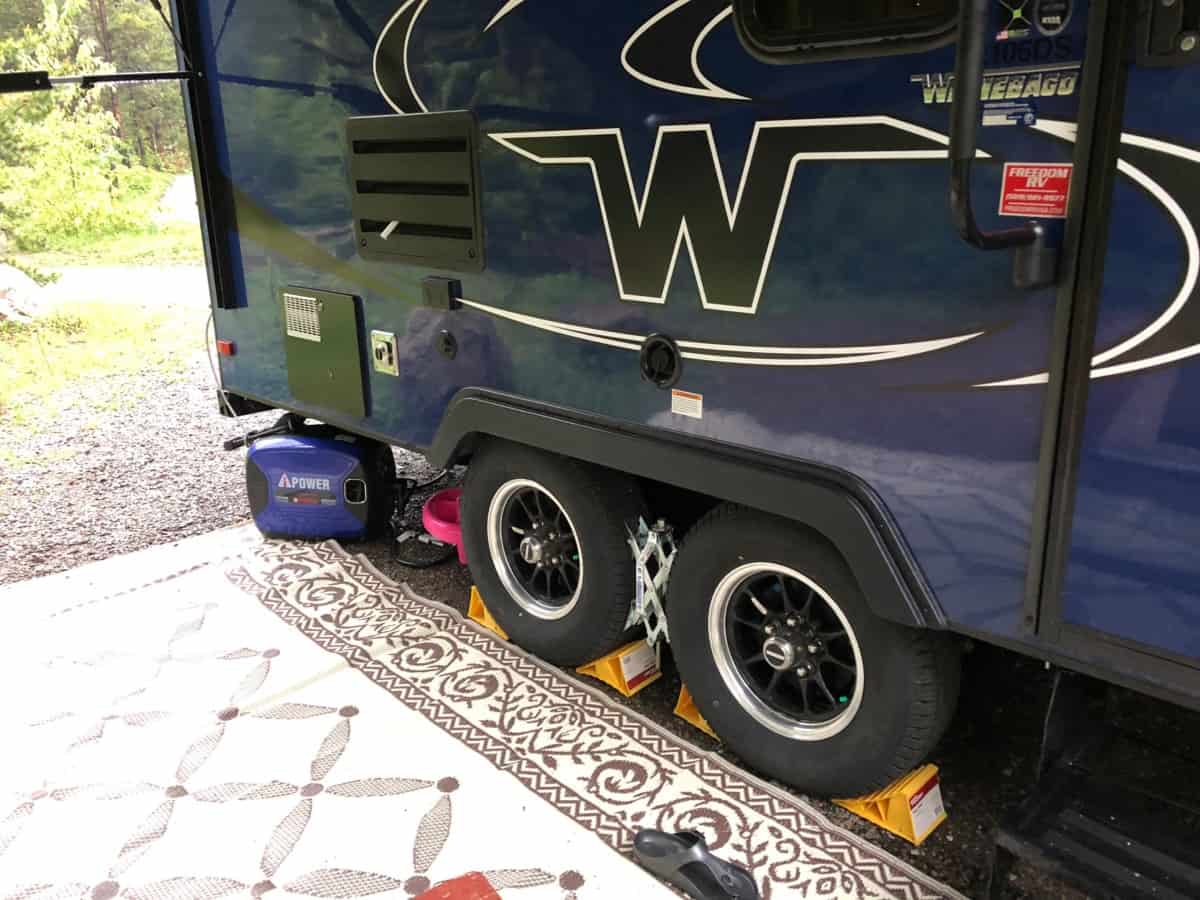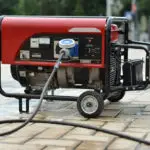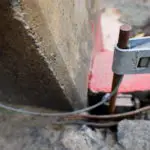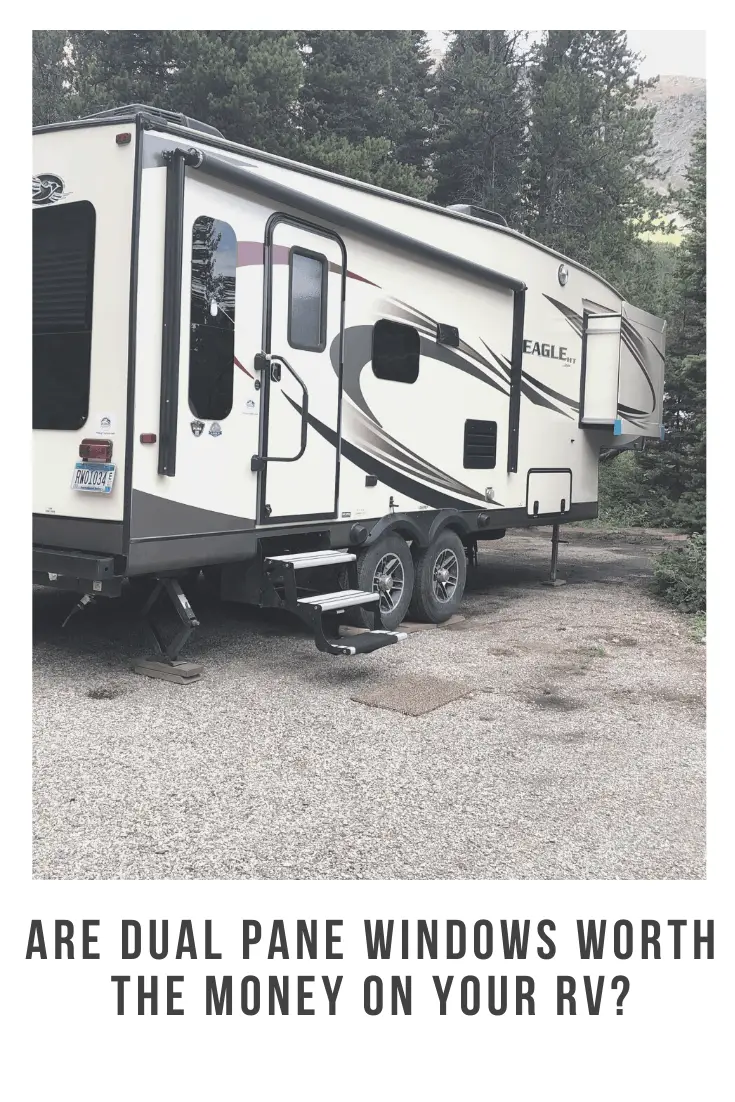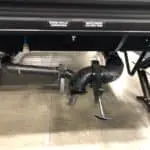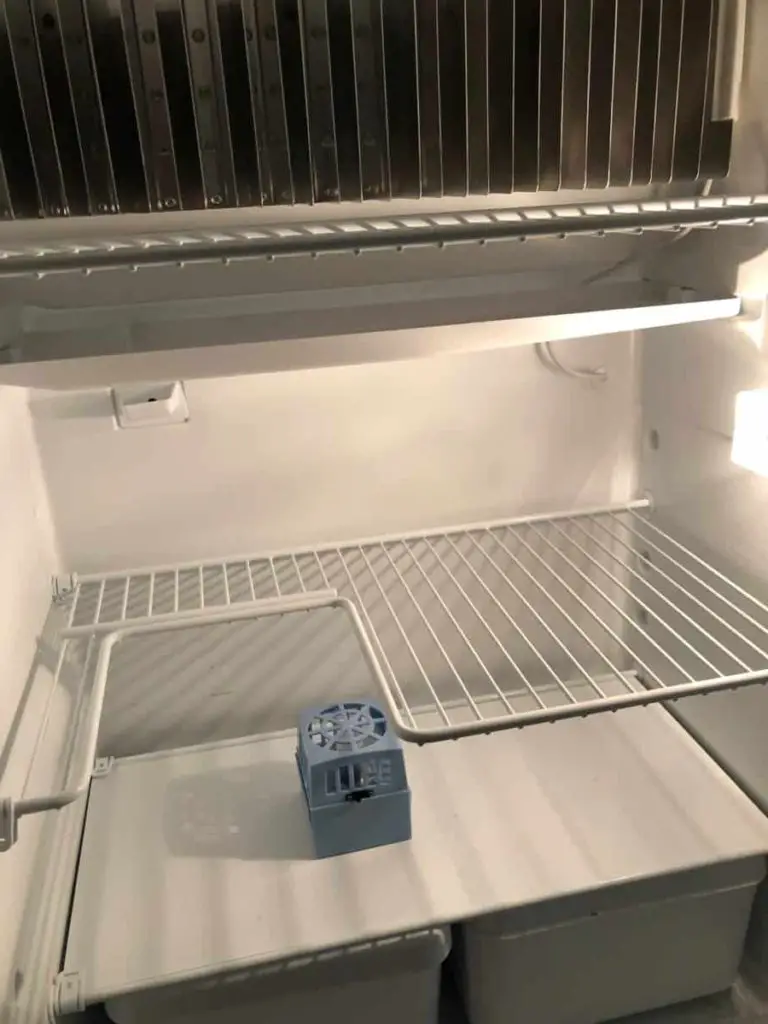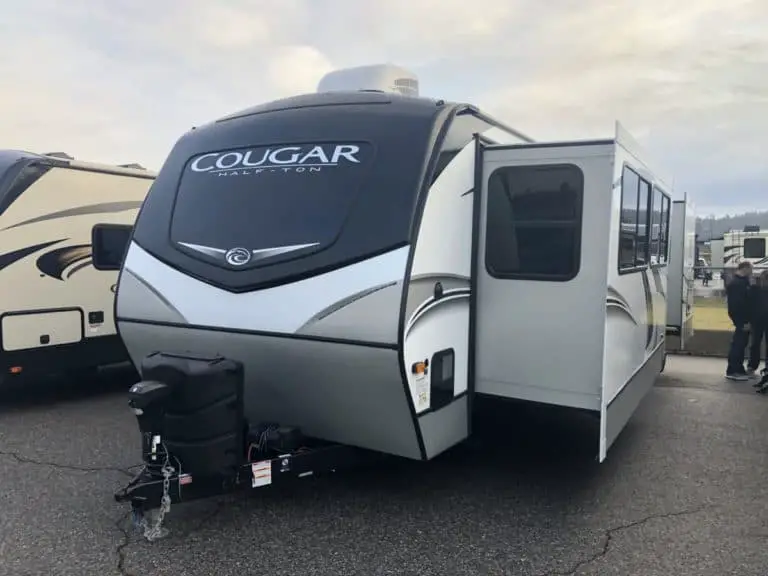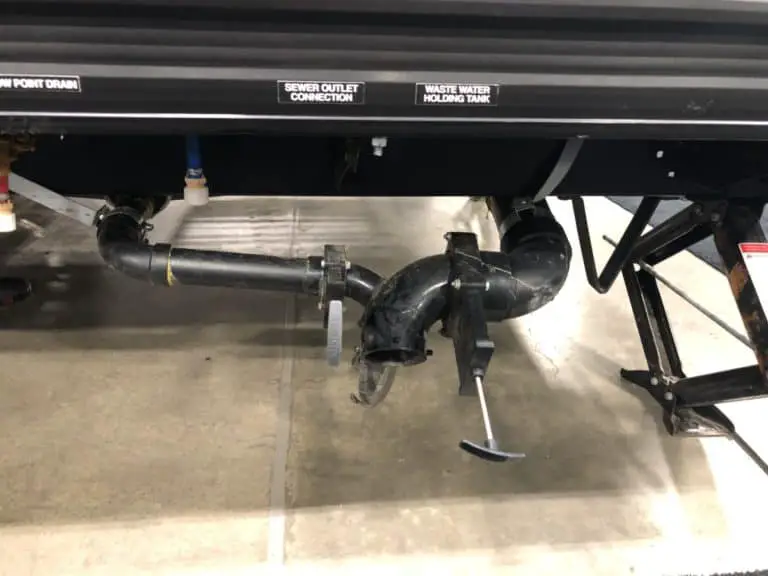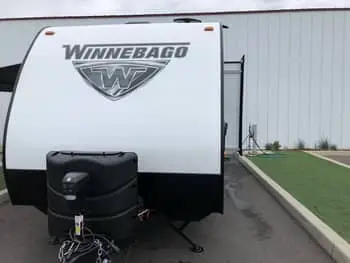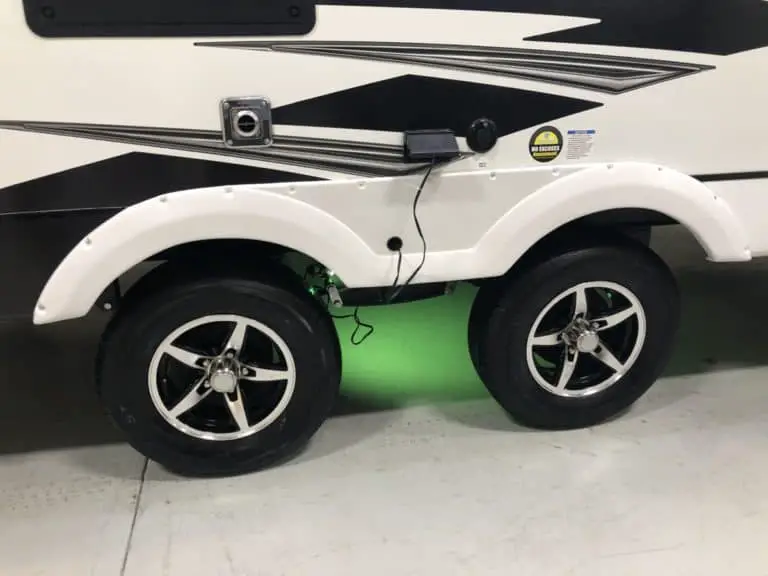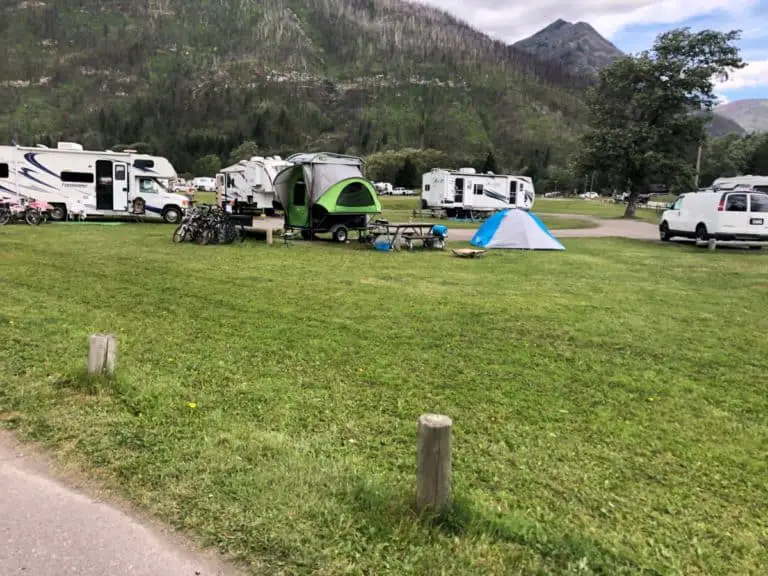Do Travel Trailers have Generators?
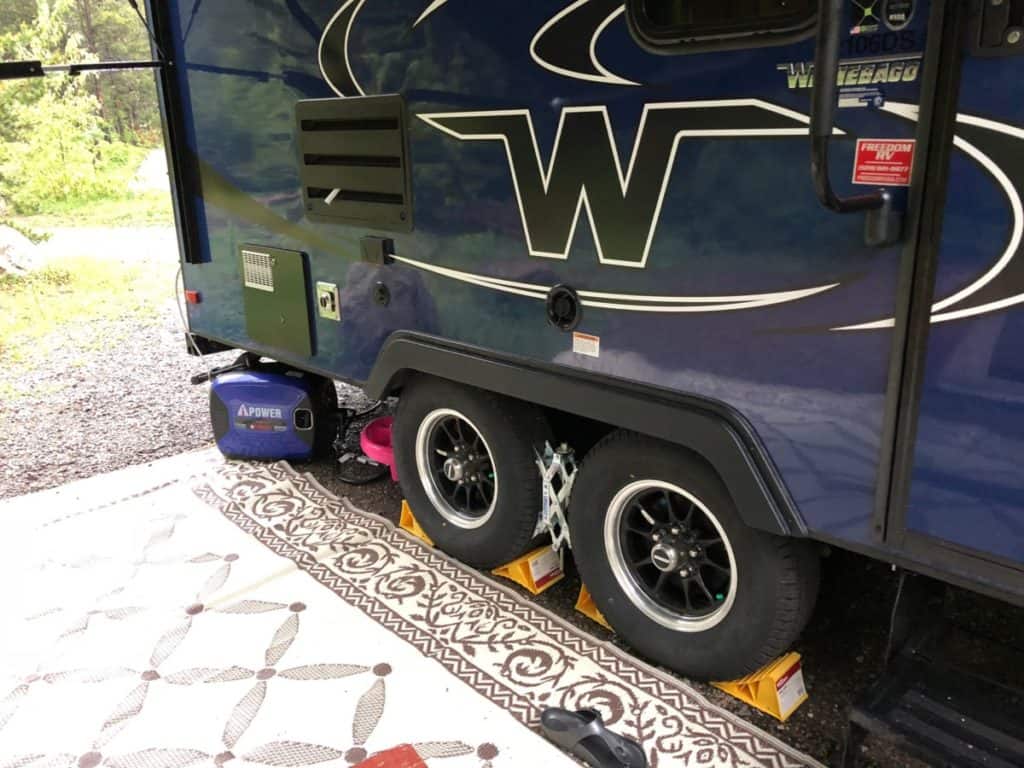
It may surprise some to find out that most travel trailers do not come with generators. Some 5th wheel trailers and motor coaches have built-in generators, but typical travel trailers don’t include generators. A generator can greatly improve your camping experience by providing 110 volt electricity to run your air conditioner, charge devices, and even watch tv.
Do Travel Trailers have Generators?
Typically, travel trailers do not include built in generators. There are some brands that do have a generator location built in and have the option to add a built in generator. These generators run off of propane and can be convenient as you do not have to drag a portable generator around.
Why don’t most travel trailers have generators?
Manufacturers believe the cost of having a built-in generator for campers would outprice the market. Putting in a camp generator would increase the build cost $2,000 to $3,000 in itself. This is the typical up charge when buying a travel trailer and adding the built in generator. That doesn’t include redesigning the trailer to be able to support the additional weight. People who want generators spend a lot less money buying portable models. On board generators are harder to work on, and can vibrate the trailer and be louder as they are located within the four walls than a portable generator 20’ away.
Anyone who has owned a travel trailer is concerned about the amount of weight they haul. A built-in generator would add a considerable amount of extra weight, propane hoses, starters, batteries, as well as other things to go wrong. A built in Onan 2,500 watt generator weighs 135 pounds plus all of the hardware and wiring. A 2,200 watt Honda weighs about 46 pounds plus whatever fuel is in the tank. Learn about our favorite portable generators here.
A built-in generator would amount to more fuel use. Generators take fuel from the propane supply. Not only is that more fuel used, but the travel trailer would need a larger fuel tank and a bigger, redesigned space for it to fit. Typically if you have an on board generator, you would want dual propane tanks, or dual 30 pound tanks to ensure you have enough propane to last your other appliances as well.
Generators are noisy and a built-in version would provide more constant noise as they are located within the trailer. Typically, these generator areas are insulated, but insulation cannot remove any vibrations the generator will cause, or exhaust noise as it is so close.
Can you add a built-in generator to a trailer?
Yes, you can add a generator for campers if they are generator ready. It really depends on the travel trailer model. Northwood Nash Travel Trailers has models that are generator ready and Outdoors RV Manufacturing has some models. Technically, if you have the right skills or enough money, you could add a generator to any travel trailer, the labor, cost, and effort would far exceed the cost of a portable inverter generator.
Not every travel trailer produced are built generator ready. It is best to ask about generator installation before you buy the trailer. There are lots of professional installers who can get a generator functional. On a generator ready model, the propane hose, and electrical harness may already be installed so you can start remotely from within your trailer. It may just need the generator installed and hooked up.
What size Generator typically are preinstalled on travel trailers?
There are many smaller versions that offer enough power for heating and some cooling. One brand of travel trailer generator you can install is Onan. These can be had in sizes from 2,500 watt to 4,000 and 5,500 as well as other wattage that you may need. If you wanted to run cooling, you would be best off with something above 3,000 watts. For example, a popular portable Honda generator has 2,200 watts of power, which may run a small 13,500 btu air conditioner, but will not run a 15,000 btu air conditioner.
Why is having a generator important?
Having a source of power is important to those who like the RV or camping experience. A generator keeps your RV or camper heated or cool in more extreme temperatures and provides for some modern conveniences, like lights, TV, charging for devices, etc…, while campers can still take in the outdoors.
Having a camp generator is a great asset if you are taking the family on a RV or camping trip because smaller children or older adults may not adjust well to heat or cold. It makes for a nicer experience for everyone, which means fewer complaints and more quality time spent together.
Use a Portable Generator
You can easily add a portable generator to your RV camper and resolve many of the issues that would come with a built-in generator. A portable generator has its own fuel and can be easily stored with a bumper rack or in the back of a pickup. It can also be stored in a basement of your RV if the hatch door is large enough. We have a 2,200 watt generator which we can store in the trailer to keep out of the way while traveling.
A RV bumper rack for generator is a good idea. Bumper racks are popular with the camping crowd. They can be easily attached with a clamp-on receiver. There are other receiver openings for a bike rack, cargo carrier or a generator. Be careful when installing a bumper rack clamp on receiver to make sure your bumper is sturdy enough, or if it is recommended by the manufacturer.
If not, we have seen bumpers break off due to high weight stored on the bumper with two welded connection points.
Some find buying an accessory like a front mounted generator tray, which is a type of RV rack for generator, helpful in transporting a portable generator. You can attach it on the tongue of your trailer. They typically come with security straps, and you have the ability to lock down your generator.
Newer lightweight versions are on the market now including a 2,000 generator that weighs around 40 to 50 pounds. Larger generating units will produce between 3,000 to 4,000 watts of power, but they weigh more. They could weigh up to 150 pounds.
Carrying a generator in the back of your pickup is an option, but it has its disadvantages. It can easily be stolen unless it is locked up, or hidden under a tonneau cover. Here are some tips to lock up your generator or other items in your travel trailer. Another disadvantage is lifting it up and down from the pickup bed if it is a larger unit. If you don’t want to lift it in and out, you can run it from within your pickup bed, just make sure your tonneau cover or whatever cover you have is open. We just installed a new tonneau cover on our truck and love it. Those who carry generators in their trucks said using a jerry can is the best option because it prevents fumes from coming into the truck.
Advantages of portable generators
Portable generators are really fuel efficient. The engine is designed to use minimum amounts of fuel. Portable generators can also run on propane as well as gasoline. The option is not only convenient, but affordable.
Many of the portable generators are also easily moved and lighter weight than standard generators. Using some of the weights listed from portable vs onboard generators, on average, a portable generator is about ⅓ of the weight. That makes them more practical for those doing RV camping. When it comes time to perform maintenance, a portable generator will be far easier to maintain as you can do all of your maintenance on a workbench or floor and have 360 access and not have to work in a small confined area a generator will be jammed in on a trailer.
Questions about portable generators?
One of the major questions about using a portable generator in a camper is whether you must run a ground line to use it. Most codes require a traditional generator to be grounded to earth. However, a portable generator doesn’t usually require grounding. You may want to consult an electrician to answer this one.
Another important aspect of selecting which generator or portable generator for your camping hobby is the amount of noise it produces. Many heavy, traditional generators produce a lot of noise, but the newer lightweight portable versions are much quieter. Some will produce noise as low as 51 decibels at 23 feet away. Here are our recommendations when it comes to picking out a generator. You will want to make sure you get an inverter generator whatever you do.
Another question is how to safely hook up a generator or portable generator in extreme weather such as rain or snow. Everyone knows water and electricity do not mix. Most experts state that those just using a smaller generator to run appliances can use a heavy duty extension cord. However, if you are going to go with a larger version, like one generating 5,000 watts or more, use the shore power cord your RV came with.
How do you choose
There are several factors to consider when choosing a portable generator for your camper. Consumer experts state you should first look for brands with a reliable performance. The most important thing is for the generator to run properly, especially since you are depending on it for power.
A good portable generator should start easily. It shouldn’t take more than two pulls to get it started. You also need one with a long run time. Some generators quit after four hours while others can run as long as 16 hours. Our favorite generator has electric start so no more pulling cords. It can even be started remotely from within the warmth of your RV in the winter.
You will also want a generator that meets all states’ codes on emissions. Some states, like California, are stricter about emission rules so it’s best to get a portable model that is a 50-state compliant model.
A good portable generator should also have safety features like an automatic shut off value when oil goes low and outlet covers for plug ins. You also want one with all the maintenance gauges, such as an hour meter or fuel gauge to show how fuel is left in the tank. That could save you from running out of fuel in the middle of the woods.
Also look for good wheels and a two to three-year warranty on any portable models you are considering.
Research the power you will need
A key factor is getting the right portable generator to meet your needs. You don’t want to buy one with wattage that is too low or a large one that produces for more power than you need. Look at your appliances that you will be using and see how much wattage they use. Then add it up to see how much minimum you will need on your trip.
RV camping can be a great experience. The experience can be enhanced if you have everything you need and you will need power. A generator or portable generator gets you the power you need to camp in comfort. A portable generator can then be stored in the garage when you aren’t camping for use at home in case of emergencies. It is a practical investment with a relatively low cost.
So, do travel trailers come with generators? No, but you can change all of that with a portable unit. There are many to choose from and all have advantages and disadvantages. It is best to research before you make a final selection.
Be the first to be notified about FREE tips, hints, coupon codes, and email-exclusive information. All for FREE!

